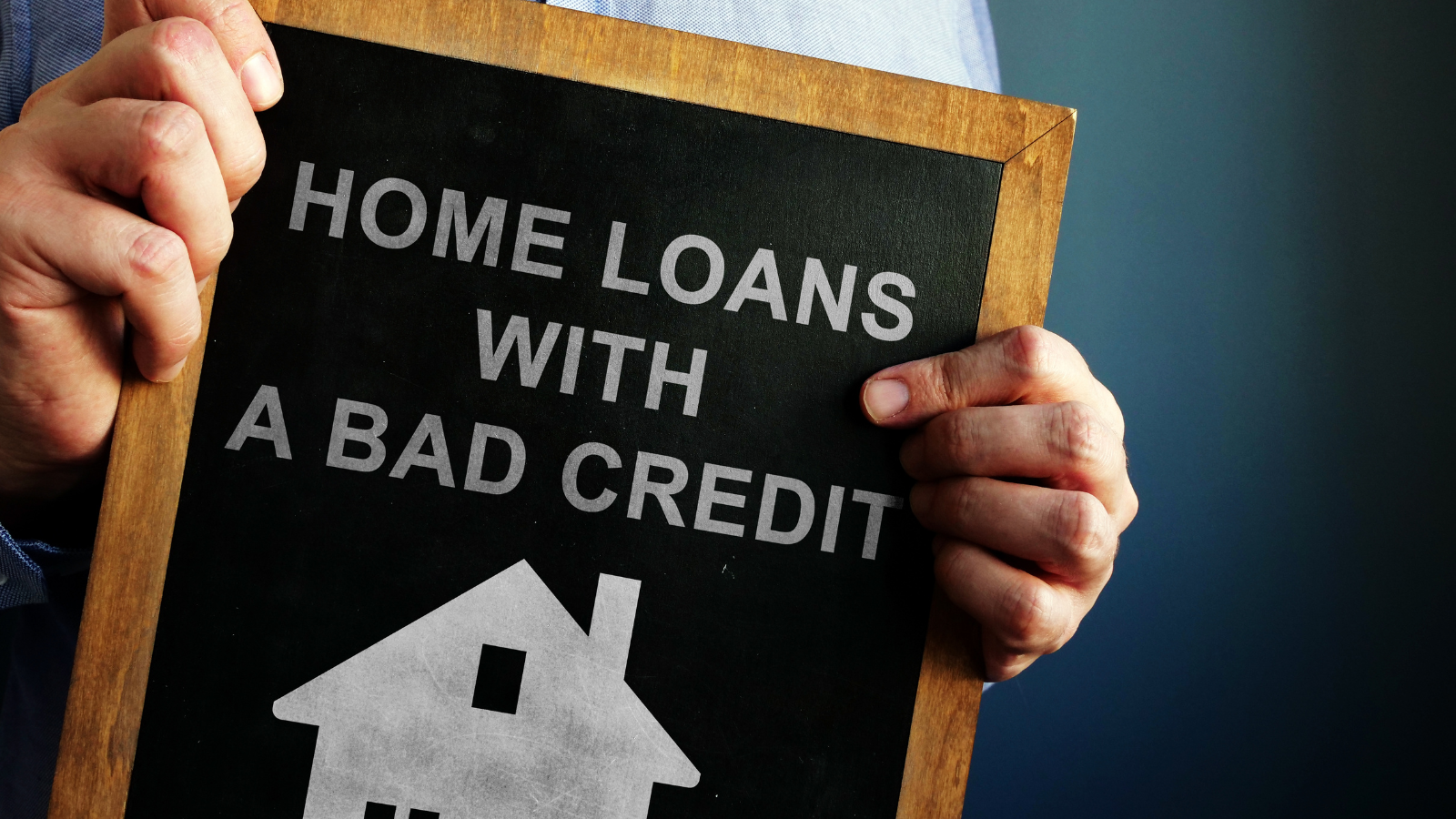
Foreign Buyers Ban
On December 21, 2022, the Federal Government announced that it will be placing a ban on foreign purchases of real estate property, which took effect on Jan. 1st, 2023.
The Federal Government has brought this Foreign Buyers Ban in to curb the cost of homes to which we know has gone up substantially. The law was passed because politicians believe that foreign buyers were partly responsible by snapping up supply of homes as investments.
The Foreign Buyers Ban is not as straight forward as one might think. Although the law does ban foreigners for purchasing property as an investment, it does not mean that foreigners are completely disallowed from owning a home. The law provides exceptions for home purchases by immigrants and permanent residents of Canada who are not citizens.
The full list of exceptions in the Foreign Buyers Ban are as advertised:
- International students who meet certain requirements
- Foreign workers who have filed tax returns in Canada in three of the last four years
- Those purchasing homes in predominantly rural areas, well outside urban centers.
It is evident above that the requirements for the Foreign Buyers Ban are quite substantial and getting around the foreign ban requires a comprehensive reason.
Why the ban?
The Federal Government wants to encourage home ownership to be geared towards living in and raising a family instead of looking at them as only commodities and investment tactics. The Federal Government also wants to make sure Canadians have an opportunity to flourish in their own country without housing prices being artificially raised by a high number of foreign investors.
The ban, stated to last for two years until January 1st, 2025, is a big announcement that may not have been expected this late into the interest rate hikes.
Canada already was high on housing affordability before the COVID-19 pandemic began, and this ban will help to ease some of our urban areas that had suffered an immense rise in housing prices before and after the pandemic started. For reference, this past summer, the average home in Canada was $777,200, which is more than 11 times the median household income after taxes. That is a mind-boggling amount that shows why investing in Canada in the past decade has been an interest in foreigners, and how well they have profited from it.
“The desirability of Canadian homes is attracting profiteers, wealthy corporations, and foreign investors,” said the campaign website of Prime Minister Justin Trudeau’s party this past year. “This is leading to a real problem of underused and vacant housing, rampant speculation, and skyrocketing prices. Homes are for people, not investors.”
What is the penalty?
As of January 1st, 2023, anyone who breaches the ban is subject to a $10,000 fine.
What are the big questions?
A big question you may have is, is this too little too late as the Bank of Canada has already done a significant amount of work to decrease the price of homes and make things more affordable in the future. It is important to note and view this as something that is not meant as an emergency law, but more meant to help subdue the rising costs in housing prices that Canada has seen for the past decade. This law will not plummet the housing market, but it should help it stabilize and grow at a more reasonable rate for the near future.
Many may have questions about how this may affect the economy or immigration and we urge you to do your own research to figure out how this could shape the Canadian economy moving forward. It is also important to remember that this law is implemented for two years and will likely be reassessed in the 2nd half of 2024.
If you want to learn more about this new law that has been recently enforced by the Federal Government, please check out the Official Act; Prohibition of Residential Property by Non-Canadians Act.



